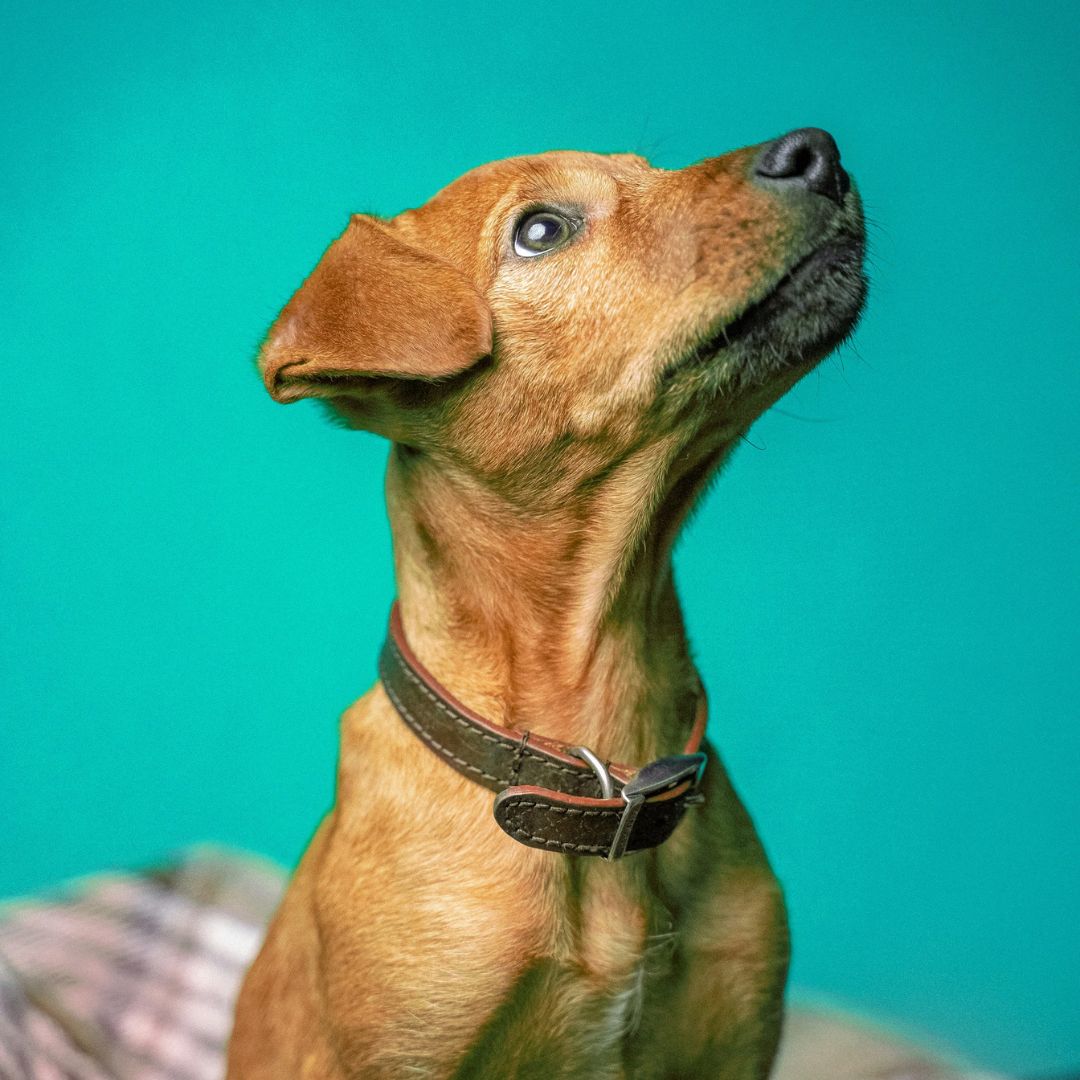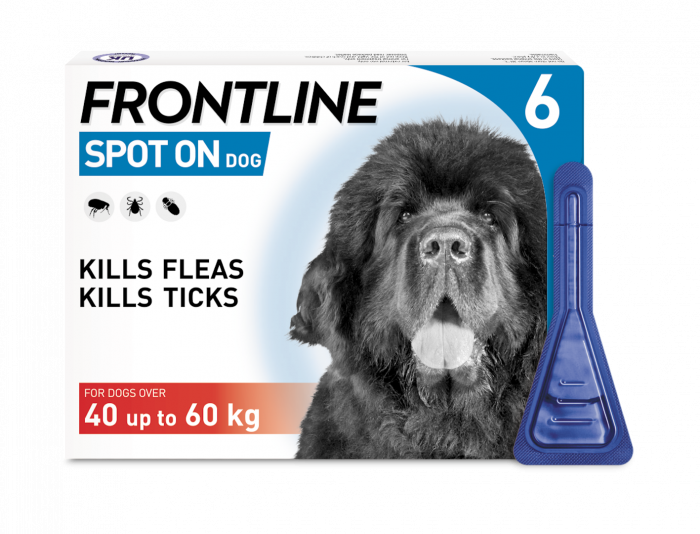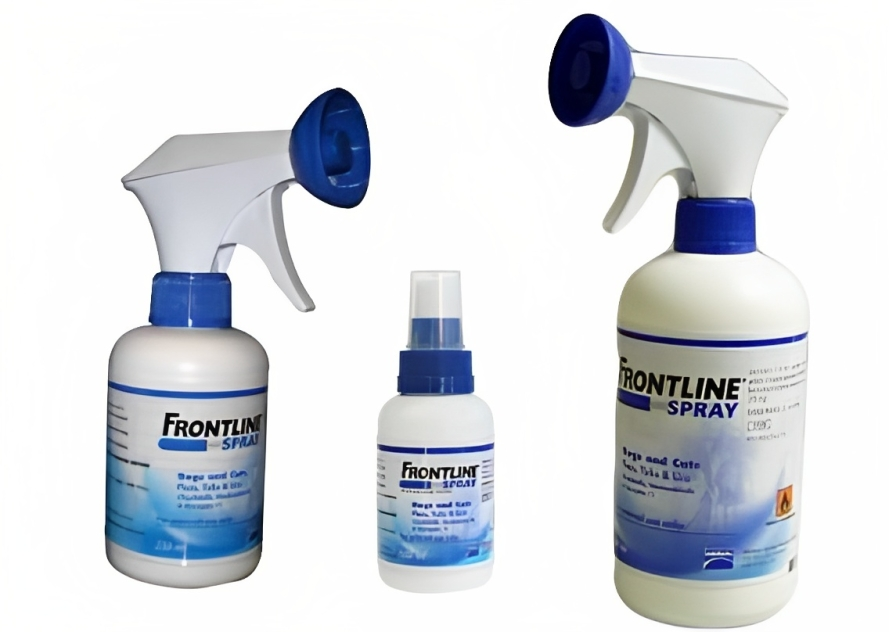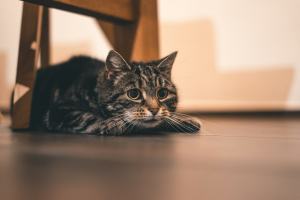Best Flea Treatment For Dogs 2024

If your four-legged friend has started to scratch uncontrollably, it may be due to fleas making a home in their fur. It’s important to take action straight away to avoid infestation.
In this guide, we’ll focus on the best flea treatment for dogs to avoid discomfort and diseases. Fleas can pose a significant risk - they can carry tapeworms and cause allergic reactions. Your dog deserves to be protected against these pests. However, it’s understandable that with so many options on the market, finding the right one can feel like searching for a needle in a haystack.
Finding the perfect shield from those relentless critters demands precision because no two pets are alike in their needs. From spot-on treatments that promise month-long peace of mind to collars that ward off ticks too, you will find something to suit your pet at 365 Vet.
Understanding flea life cycles
Fleas aren't just annoying, they're masters of survival. Grasping the intricacies of their existence marks our initial move in outsmarting these relentless invaders. Here's the lowdown: fleas can live up to 100 days, laying thousands of eggs.
The eggs then hatch into larvae, which are small, worm-like creatures that are white and legless. They feed on debris such as flea faeces and dead skin cells. Larvae then spin cocoons around themselves. This is called the pupal stage. Adult fleas emerge from the cocoons fully developed, seeking a mammal to feast on.
Fleas are attracted to the warmth, movement and exhaled carbon dioxide of potential hosts. Adult fleas must feed on blood to reproduce and, once they find a host, they begin feeding and mating. Female fleas can lay eggs within days of their first blood meal, and the cycle starts anew.
Choosing the right flea treatment for your dog
Not every treatment suits every dog. Speaking to your vet will help you determine which treatment will work best for your furry companion.
When it comes to keeping your furry friend free from fleas, the options can seem endless. But let's break it down.

Spot-on treatments are a topical solution. Apply them directly to your dog’s skin on the back of their neck. The active ingredients in spot-on flea treatments effectively kill and prevent fleas. It’s important to follow the instructions provided by the manufacturer and consult with a vet to ensure proper application and safety for your dog.
Flea collars contain insecticides that are gradually released, meaning your dog is continuously protected from fleas and ticks. The great thing about flea collars is that they can last several months. Follow the instructions provided with the specific flea collar you choose and consult with a vet to ensure it's appropriate for your pet's needs. They’re a brilliant option for dogs that get stressed when you’re trying to apply a solution or if you forget to use a new spot-on treatment.

Frontline Spray is a solution for controlling and preventing flea and tick infestations in dogs. It can be used directly on the dog but not on surfaces.
Household sprays, such as Indorex, can be sprayed on soft furnishings and carpets but must never be sprayed on the animal.
Some flea sprays contain insect growth regulators which can disrupt a flea's life cycle and prevent eggs from hatching or larvae developing into adult fleas.
When choosing a flea treatment for your dog, consider factors such as your pet's age, weight, health status and any existing flea infestations. If you’re dealing with a flea infestation we recommend consulting with your vet to determine the most suitable flea control regimen for your dog.
How to safely apply spot-on flea treatments to your dog
Flea season hits, and suddenly you're up against these tiny, resilient pests. But fear not. Let's walk through how to safely and effectively apply spot-on treatment.
- Research which treatment you think will be best for your pet, and consider weight and age. Consult with your vet if you’re unsure.
- Read the manufacturer’s instructions (bear in mind also that manufacturers sometimes update application methods or dosages).
- Create a calm environment: Dogs have a sixth sense for vet visits and flea treatments alike. Use treats or their favourite toy to keep them calm.
- Finding the sweet spot: Part your dog’s fur at the back of their neck and apply the solution topically to the skin on the back of their neck.
- A quick tip: Avoid bathing your dog two days before or after applying spot-on treatments - let those ingredients work without interruption.
A few more tips
- Invest in a good comb: Using a fine-toothed comb helps make parting easier when targeting the skin on the back of the neck.
- Maintain regular treatment intervals: To stop fleas dead in their tracks at every stage of life (eggs, larvae, adults), a steady schedule keeps protection consistent year-round. Remember, no matter how meticulously clean we try to keep our homes, the advent of warmer seasons brings about these unwelcome guests regardless.
- Remember, regular check-ups with your vet will ensure any treatment plan aligns perfectly with your dog's health needs.
Managing a home infestation effectively
Let's face it, finding out your home has become a flea circus is no one's idea of fun. Sometimes, even the most spotless homes fall victim to these pesky invaders. The good news? You can take back control. Here’s how.
- Vacuum like you’ve never vacuumed before. Seriously, every nook and cranny needs attention. And when you're done? Seal that vacuum bag tight and put it in an outside bin.
- Bedding, curtains, clothes and any other soft furnishings need washing on a long hot cycle. This heat treatment is like kryptonite to fleas at all life stages.
- Flea sprays are necessary for hitting those hard-to-reach places where fleas love to lurk.
The battle isn’t over with just one cleanup session - consistency is key.
Preventing reinfestation in your home
- Maintain regular pet treatments.
- A clean home helps to keep fleas at bay, so keep up with a regular dusting and vacuuming routine.
- Keep things tidy outside too because, yes, your garden could be harbouring future invaders.
Special considerations for puppies
Finding the right flea treatment isn’t always a walk in the park, especially when you’re dealing with a pup. Those tiny bundles of joy are more sensitive than adult dogs so we need to tread lightly but effectively.
Puppies with their eyes barely open deserve protection from fleas without harsh chemicals that could do more harm than good. It’s like choosing baby shampoo - you want something gentle yet effective.
The first port of call? A good old-fashioned flea comb coupled with a suitable flea treatment recommended by your veterinary surgeon.
Remember though, what works like a charm on one dog might not be as effective on another. It’s always best to talk with your vet before trying anything new.
Avoiding infestations in the first place by maintaining cleanliness around your home will also give these treatments a helping hand.
Recognising and treating flea allergy dermatitis
Flea allergy dermatitis (FAD) is extremely uncomfortable for your dog. The tell-tale signs are constantly scratching, licking or biting at their skin. You might also spot redness, bald patches where they've scratched too much, and flea dirt – think specks of black pepper scattered on their coat. So, how do we show these fleas the door?
- Use vet-recommended flea treatments.
- Comb through your dog’s fur with a fine-toothed comb daily. It helps catch those pesky critters early on.
- Regularly wash bedding and vacuum floors to nip any flea infestations in the bud. Don’t forget those nooks and crannies.
- Your vet may recommend particular remedies such as specialised shampoos or medication to reduce swelling if it's necessary.
Treating FAD is more than just tackling fleas themselves; it involves soothing your dog’s irritated skin too. Think oatmeal baths for gentle relief or even fish oil supplements added to their diet for their anti-inflammatory properties.
For more information, don’t hesitate to contact a friendly member of our team on 01829 734 980 or email us here.








